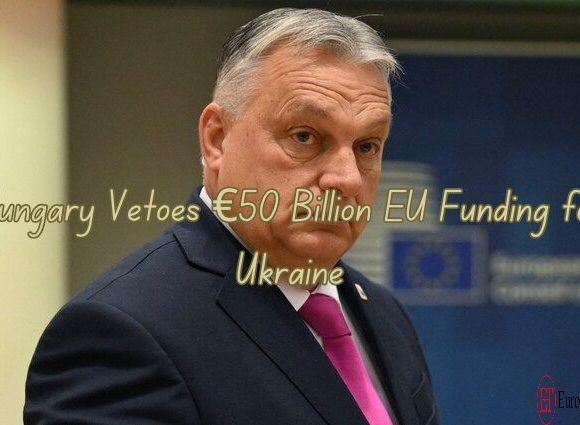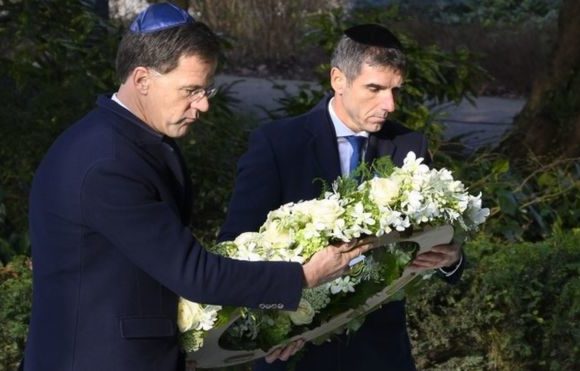
Hungary, led by Prime Minister Viktor Orban, has blocked €50 billion in EU aid for Ukraine, a move that comes just hours after EU leaders reached an agreement to begin membership talks. Orban, known for maintaining close ties with Russia, announced the veto, citing opposition to additional financial support for Ukraine. While the EU leaders unanimously agreed on aid and wider budget proposals, Hungary’s objection led to the postponement of aid negotiations until early next year. Despite Hungary’s stance, the EU proceeded with granting membership talks to Ukraine, Moldova, and candidate status to Georgia.
The decision to block aid raises concerns for Ukraine, which heavily relies on EU and US funding in its ongoing struggle against Russian forces. This setback comes at a time when Ukraine is also seeking approval for a $61 billion US defense aid package, facing delays due to disagreements among US lawmakers. The potential implications for Ukraine’s counter-offensive against Russian forces, especially with the arrival of winter, heighten anxieties about the country’s ability to resist the occupation.
President Zelensky of Ukraine expressed gratitude for the EU’s decision on membership talks, despite the aid block. The EU’s move to include Ukraine and Moldova in accession talks was celebrated as a “victory” by Zelensky, who emphasized the importance of the decision for both countries. Moldova’s President Maia Sandu also welcomed the development, acknowledging the shared path to EU accession with Ukraine. Germany’s Chancellor Olaf Scholz praised the decision as a “strong sign of support,” highlighting that both Ukraine and Moldova belonged to the “European family.”
Prime Minister Orban, in a video message on Facebook, distanced himself from his EU counterparts, labeling Ukraine’s membership as a “bad decision” and reiterating Hungary’s opposition to providing substantial funds to Ukraine. The EU’s decision to open accession talks does not guarantee immediate membership for Ukraine, as the process involves passing numerous reforms and adhering to EU standards, a journey that can span several years. Despite the challenges, the EU’s commitment to engaging in talks signals a significant step toward fulfilling Ukraine’s Euro-Atlantic aspirations.
Picture Courtesy: Google/images are subject to copyright

